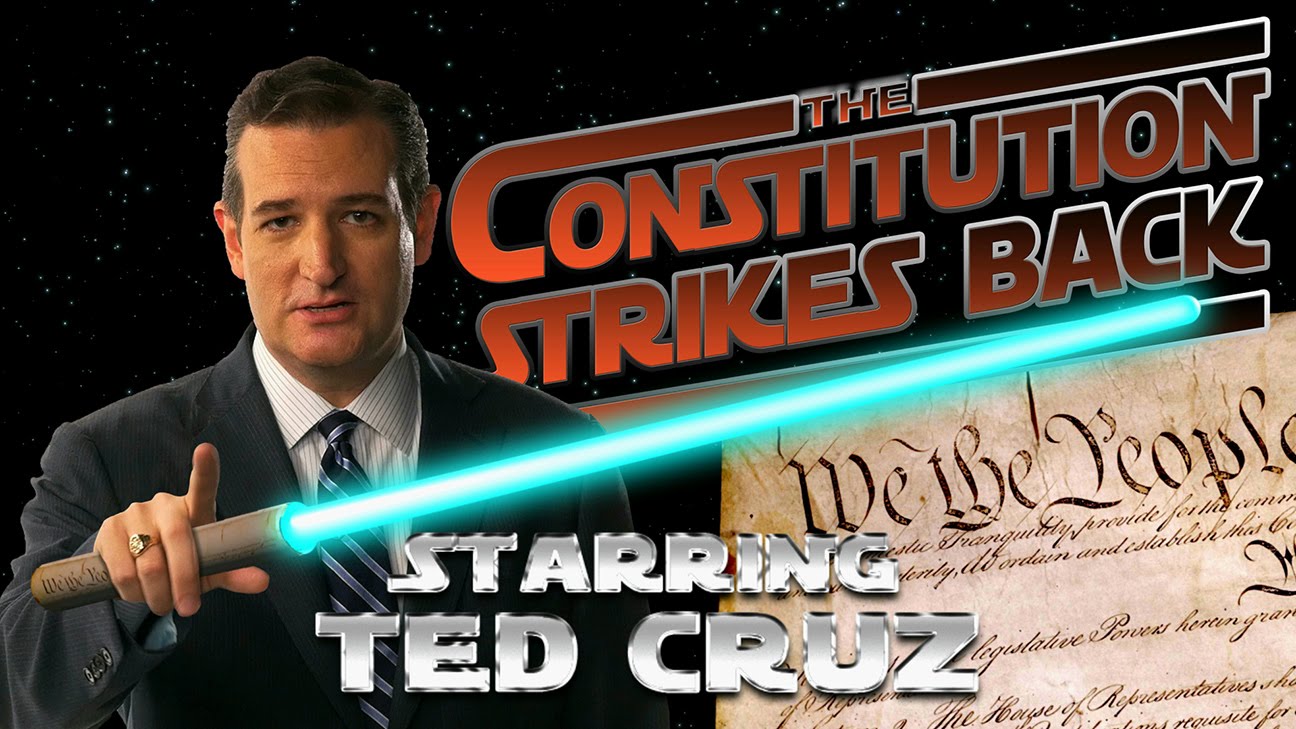Lost in Space
I’m just a plainspoken Colorado criminal defense lawyer, but the way I see it…
Cass Sunstein is the most cited law professor in the explored universe, an expert in Constitutional law, the set of rules that bothers folks who set foot in the United States or any of its territories.
He’s also got a thing for Star Wars, which sets him in some conflict with people who have a thing for Star Trek.
He’s written a book — “The World According to Star Wars” — which manages to join his professional and fictional interests. If Yoda had been a criminal defense or human rights lawyer, he might have come up with some of the same observations Sunstein does.
The scholar claims that when he traveled to Taiwan last year, people wanted to talk about human rights, sure, but also about Star Wars.
For some reason, he Googled “Star Wars” and came up with about seven hundred twenty-eight million results — more than the Beatles, Shakespeare, Abraham Lincoln, and Taylor Swift put together. “Rosmarin Law” returns a paltry one hundred eighty thousand results, which I’m trying to pick my way through a few at a time.
Sunstein came late to Star Wars. I watched it, the first one, before almost anyone else. Because I was dating someone involved with someone involved with the production, I saw a rough cut, before it was scored, and confidently pronounced it a bust. This was almost as brilliant as my prediction ten years earlier that, in ten years (about the time Star Wars came out), nobody would remember the Beatles (the ones with one hundred seven million Google hits in the first half-second).
Sunstein forgives me, though, pointing out the studio had no faith in their little film either; the actors thought it ridiculous; George Lucas feared it was almost as catastrophic as his beard.
Yet it has endured, in no small part because it deals with the choice between light and dark, the focus of our criminal justice, geopolitical, and human rights systems. The choice between criminalizing human behavior and accommodating differences in moral themes. The choice between seeing an unarmed human being and firing as many bullets as you can into his big black body.
A few now, of those observations:
- …freedom is good, oppression is bad, and public officials shouldn’t torture or choke people. But let’s hope you didn’t need Star Wars to know that.
- On the nature and fate of rebellions: Some of the heroes of the Arab Spring have not turned out to be democracy’s friends. Thus Padmé: “What if the democracy we thought we were serving no longer exists, and the Republic has become the very evil we have been fighting to destroy?”
- Martin Luther King Jr. was a rebel, unquestionably a Skywalker, with a little Hans and more than a little Obi-Wan. Of the Montgomery Bus Boycott: “If we are wrong, the Supreme Court of the United States is wrong. If we are wrong, God Almighty is wrong. If we are wrong, justice is a lie.”
- As a rebellion gains steam, people become less likely to accept their own lowliness. That “down look” ceases to be a part of life. Instead it becomes a symbol of oppression. A word to emperors of all kinds: beware.”
- In law, even Jedi masters sometimes get it wrong.
